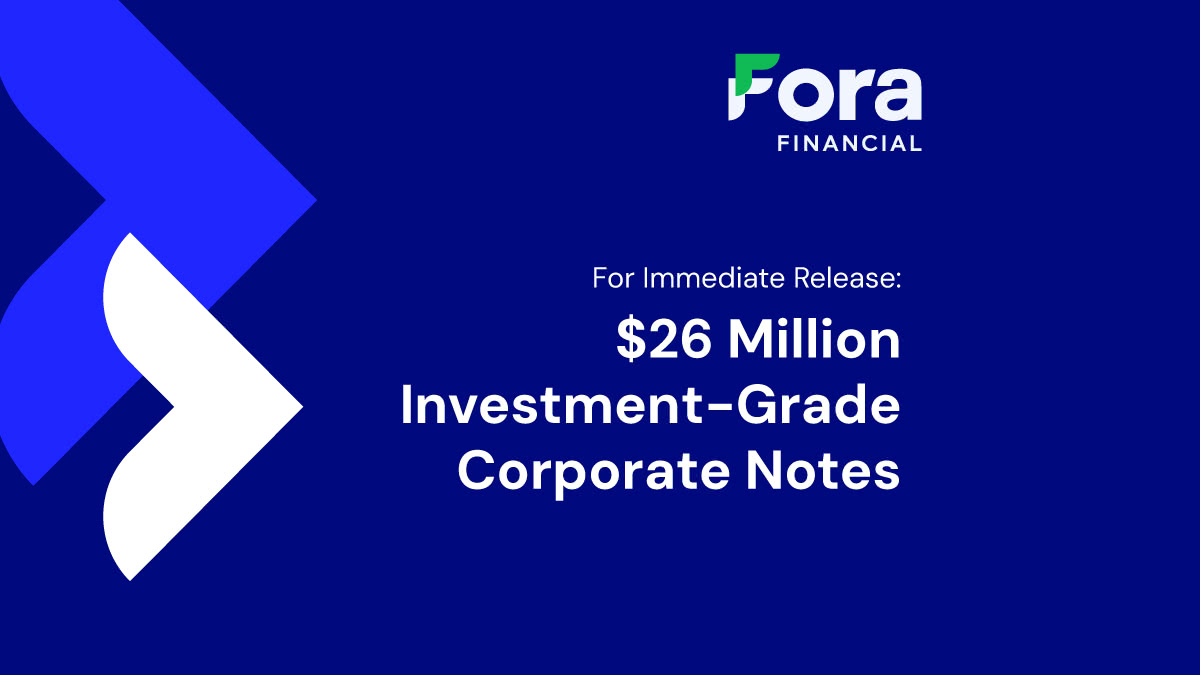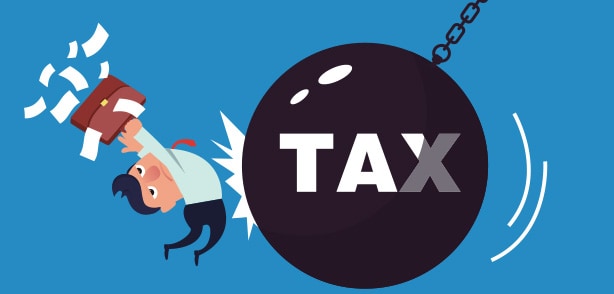Small Business Loans vs. Invoice Factoring: How to Decide

Managing cash flow is an ongoing, ever-present challenge for just about every small business owner. However, given how unique every business is and the variety of financing options, there’s no single, uniform way to manage cash flow.
Therefore, if you’re trying to decide between small business loans and invoice factoring, you’re not going to find a simple, black and white answer. What you can find, though, is an understanding of both funding options and how they compare so you can determine which suits your business best.
To help you choose between small business loans and invoice factoring, this post will review what they are and how they differ from each other.
What is a Small Business Loan?
A small business loan is a loan from a bank, credit union, or alternative lender for a specific amount with a predetermined repayment schedule. Small business loans come with either a fixed or floating interest rate.
Small business loans usually have regular, monthly payments and a maturity date. On the maturity date, the loan balance must be fully repaid. In most cases, small business loan terms are greater than one year. Small business loans are generally secured by collateral and require a personal guarantee.
What is Invoice Factoring?
To start, we'll explain how invoice factoring works, so you can determine if it's worth applying for.
Invoice factoring companies pay you a lump sum of cash based on a percentage (also called a factor) for your unpaid invoices.
Depending on how the invoice factoring is structured, you may receive all of the cash upfront or a portion. In the latter scenario, you’ll receive the rest of your cash when your customers pay off their outstanding invoices.
In the event your customer fails to pay the invoice, it depends on the factor type whether or not you’re liable. On a non-recourse factor, you’re liable for any non-payment, but on a recourse factor, the factoring company is liable.
In either case, you’ll receive a lump sum of cash in a matter of days. However, you’ll be charged a factoring fee (also called a discount rate) which typically ranges from 10 to 30 percent of the invoice total.
Small Business Loans vs. Invoice Factoring
Even though they’re completely different types of additional working capital, both invoice financing and small business loans are useful to many entrepreneurs. To help you determine which is the best fit, the following section will compare these financing options based on their:
Application processes
Eligibility requirements
Allowed use of funds
Application Processes
The application process for invoice factoring is much quicker than it is for small business loans. A small business loan may take months to fund. Invoice factoring can put money in your account in a matter of days.
That said, not all small business loans are created equal. If you’re applying through an online lender, you can get your loan funded in only a few days. It’s the traditional institutions, such as banks and credit unions, that can take a month or more to approve your loan.
Eligibility Requirements
Due to their different structure, the eligibility requirements of invoice factoring vs. small business loans are distinct from each other. Invoice factoring companies are chiefly concerned with:
Your customers’ credit score
Invoice amount
Your sales volume
Factor type
Small business loan lenders, on the other hand, focus on more traditional measures of borrower risk such as:
- Credit history
- Company revenue
- Time in business
- Debt to income ratio
The eligibility requirements for invoice factoring and business loans are so different because of where the risk is. For invoice factoring, the risk for the lender is that your customer doesn’t pay. For small business loans, the risk is that you don’t pay back your outstanding balance.
Therefore, for invoice factoring, your customers’ creditworthiness is actually more important than yours. For many entrepreneurs with bad credit, small business loans are out of reach so invoice factoring provides a viable alternative.
Use of Funds
With invoice factoring and small business loans, you can use the loan proceeds for just about anything. However, with a small business loan, depending on the lender, you may need to determine ahead of time how you plan to use funds.
For example, a traditional bank typically requires you to submit a business plan to get approved for a loan. In that business plan, you must lay out how you plan to use the loan proceeds. Since your approval is based on that business plan, you’ll need to spend the money on what you said you would. That said, online lenders typically have less stringent requirements on how you use the proceeds of a small business loan.
All invoice factoring options, on the other hand, put no restriction on what you can spend the funds on.
Conclusion: Determine Which Funding Option is Best for Your Business
If you’re in a pinch and you need a quick cash infusion, invoice factoring is a better fit than a small business loan or line of credit. If you have time and you want to keep your costs as low as possible, a small business loan makes more sense.
If your situation falls somewhere in between these two extremes, there’s no simple answer. Invoice factoring is quicker and easier to get approved for, but more expensive. Plus, you need to bill your customers using invoices for it to even be an option.
Small business loans have more rigid qualification criteria and can take longer to fund. However, you can usually get more money compared to invoice factoring. Plus your borrowing costs will generally be lower.
If you’re still not sure what’s right for you, we recommend you read more about the pros and cons of both options in the posts below:
Since 2008, Fora Financial has distributed $4 billion to 55,000 businesses. Click here or call (877) 419-3568 for more information on how Fora Financial's working capital solutions can help your business thrive.






